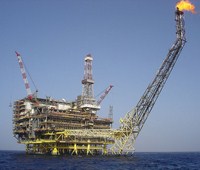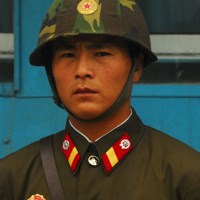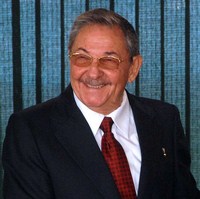
The traditional understanding of China’s civil-military relations is that the relationship between the Chinese Communist Party (CCP) and the People’s Liberation Army (PLA) was historically symbiotic, without functional differentiation or institutional boundaries based on technical specialization. This kind of symbiosis, according to political scientists Amos Perlmutter and William LeoGrande, can be attributed to the legacy of the communists’ guerrilla war in China, which was “a form of politico-military combat in which the fusion of political and military elites is virtually inevitable, and in which the governing of liberated territories is a function performed largely by the guerrilla army itself.” Also […]











